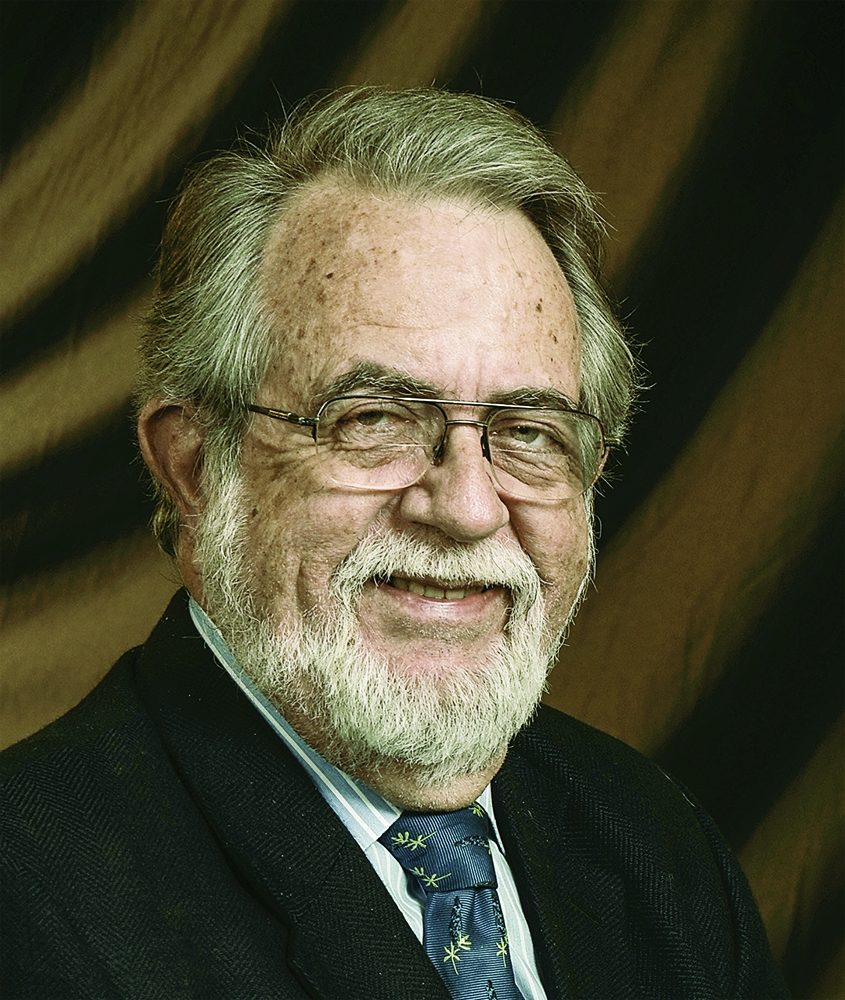
Journalists traditionally indicate the end of an article with –30–.
In the days of typewriters, it was a way to indicate the last page of a dispatch in case the separate pages of the story were mixed up in the handling.
No one really knows for sure, but the tradition probably originated with Western Union where – 30 – indicated the end of a transmission. – 73 – meant “best regards.” Those date from the mid-1800s when the telegraph was the method of quick transmission of information.
And so it is that I write – 30 – to my newspaper career at the Fort Worth Business Press. This is my third attempt at retirement.
I was always more of an editor than a reporter and that’s why my time outside of the big newspaper environment in Fort Worth has been so rewarding.
In the news business, accepting promotions usually meant moving away from the reason you got into the profession in the first place – writing about people and events.
After volunteering to take a buyout at the Star-Telegram because I was sick of laying people off as the staff began to decline, my work at Fort Worth, Texas magazine as editor and as the associate editor at the Business Press meant not only being an editor but also writing long-form stories about people.
For a lifelong journalist, I’ve actually had a small number of jobs: Editor of my college newspaper at Baylor University; a television reporter at KCEN-TV and KWTX-TV in Waco; reporter at the Waco News-Tribune and Times-Herald; multiple roles in three cities for United Press International, including temporary assignments at UPI’s Spaceflight bureau at NASA in Houston; and finally as executive editor of broadcast operations, assignment editor at WMAQ-TV in Chicago; city editor at the Florida Times-Union in Jacksonville; editor at Jacksonville Monthly magazine; a variety of positions at the Fort Worth Star-Telegram where I ended as a vice president and editor of the editorial page; editor of Fort Worth, Texas magazine; and associate editor at the Business Press.
Chicago Daily News’s Robert J. Casey, a legendary war correspondent for the newspaper, summed it up in a 1943 book titled Such Interesting People. When reporters meet people in social settings, they often hear the phrase, “You must meet such interesting people.” Casey would agree and add that he worked with most of them.
That’s true for me as well.
But ultimately, it is the people who read, watch or listen to news who are the most important.
Those of us who write and report go to work every day and make newspapers, or now online posts, and often fail to recognize the importance of what we do.
Editorials would sometimes trigger a wave of cancellations. I’d track those who canceled, and they usually would resubscribe after they calmed down because if the newspaper was important enough to make them angry it was too important to do without.
I’d get notes from business people I had written about that my columns had legitimized their business enough that they were able to get bank loans.
And people would call because we were their last resort.
One called because her ex-husband was not paying child support. I asked her to put that in a letter to me and deliver it to the newspaper immediately. Later that day, in an editorial board meeting with the Texas Attorney General, I handed him the letter.
The results were almost immediate, and she called back later that day to ask me, “What the hell did you do?”
In Jacksonville, there was a woman who would call during thunderstorms thinking that the beaches were under enemy attack. I’d tell her I’d send a reporter to check it out, but it would take 15 minutes and if she could hold that long I’d report back. I’d reconnect to report that it was not an attack but lightning flashes from a thunderstorm.
It’s tempting to write about big stories and there were plenty of them: Apollo 11 and 13, plane crashes, hostage situations and mass shootings, wildfires, earthquakes and more.
But in reflection, it is the stories that recognized heroes, introduced people to their communities and solved someone’s problems that are the most satisfying.
– 30 –
And
– 73 –






